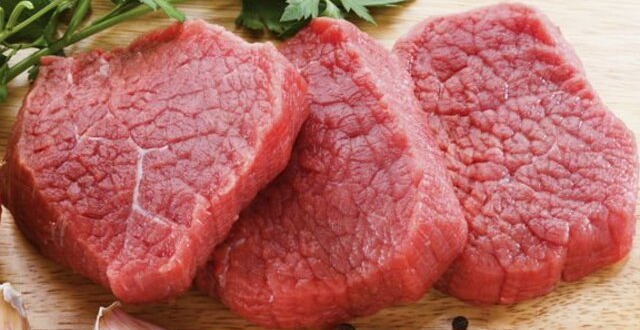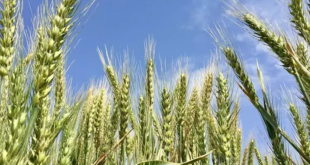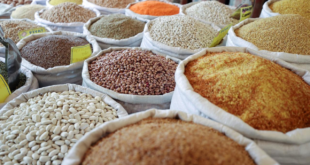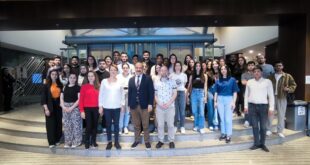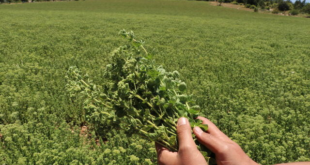Ahmet Hacıince, Chairman of the Board of Directors of the National Red Meat Council (UKON), said that the main reason for today’s high prices of red meat is the high cost of production.

Underlying the high cost of production is the hike in the prices of young male cattle to be used in fattening, he said, “Namely, while the purchase price of fattening material male cattle with a live weight of 250 KG in 2023 was 90 TL/KG in January 2023 in Kars region, it reached 220 TL/KG in January this year and soared by 144 percent and while it was 60 TL/KG in January 2023 in the Marmara region, it reached 170 TL/KG in January this year and soared by 183 percent. This excessive increase in the purchase prices of fattening material has caused the cost of fattening to spike by 95 percent annually. Despite this hike in production costs, the fact that the sales price increase remains at 85 percent causes the producer to make no profit and the consumer and butcher tradesmen as well as the breeders are dissatisfied with the prices.”

“As a solution, an urgent action plan for reducing the prices of fattening material cattle should be put forward immediately. Currently, the number of cattle to be imported by the Meat and Milk Board (ESK) in 2024 is around 7 percent of the installed capacity of the breeders who have applied. The delivery time of this amount of animals is limited by the logistics capacity of the contractors contracted by ESK. Delays may cause prices to rise further in the market,” he explained.
Pointing out that in the short, medium and long term, they recommend taking measures to minimise foreign dependency, he noted, “At the beginning of these, insemination of the breeding cattle in the dairy farms, which are known as use hybridisation, with male beef cattle semen except for those to be used to obtain female breeding, shortening the birth interval, supporting the growth and protection of broodstock herds in our regions with good pasture facilities, taking health measures to reduce calf losses and expanding trainings are among our suggestions.”

“I would like to emphasise one issue in particular. We would like to put an end to the instant open-close logic in the import of fattening. Producers do not know at what capacity, how and when they can use their enterprises. Since our producers cannot make at least a one-year programme for their enterprises, they cannot make use of the harvest season in the supply of roughage and feed raw materials,” he added.
Indicating that with the expectation of buying cheaper imported animals, they miss the moulding season when fattening cattle are cheaper, he concluded, “Thus, they procure all inputs at the highest prices and high costs become inevitable. It is a fact of life that unplanned works cannot be controlled and uncontrolled works may have bitter consequences.”
 THE GLOBAL WINDOW OF TURKISH FOOD AND AGRICULTURE The Global Window of Turkish Food and Agriculture Sector
THE GLOBAL WINDOW OF TURKISH FOOD AND AGRICULTURE The Global Window of Turkish Food and Agriculture Sector


